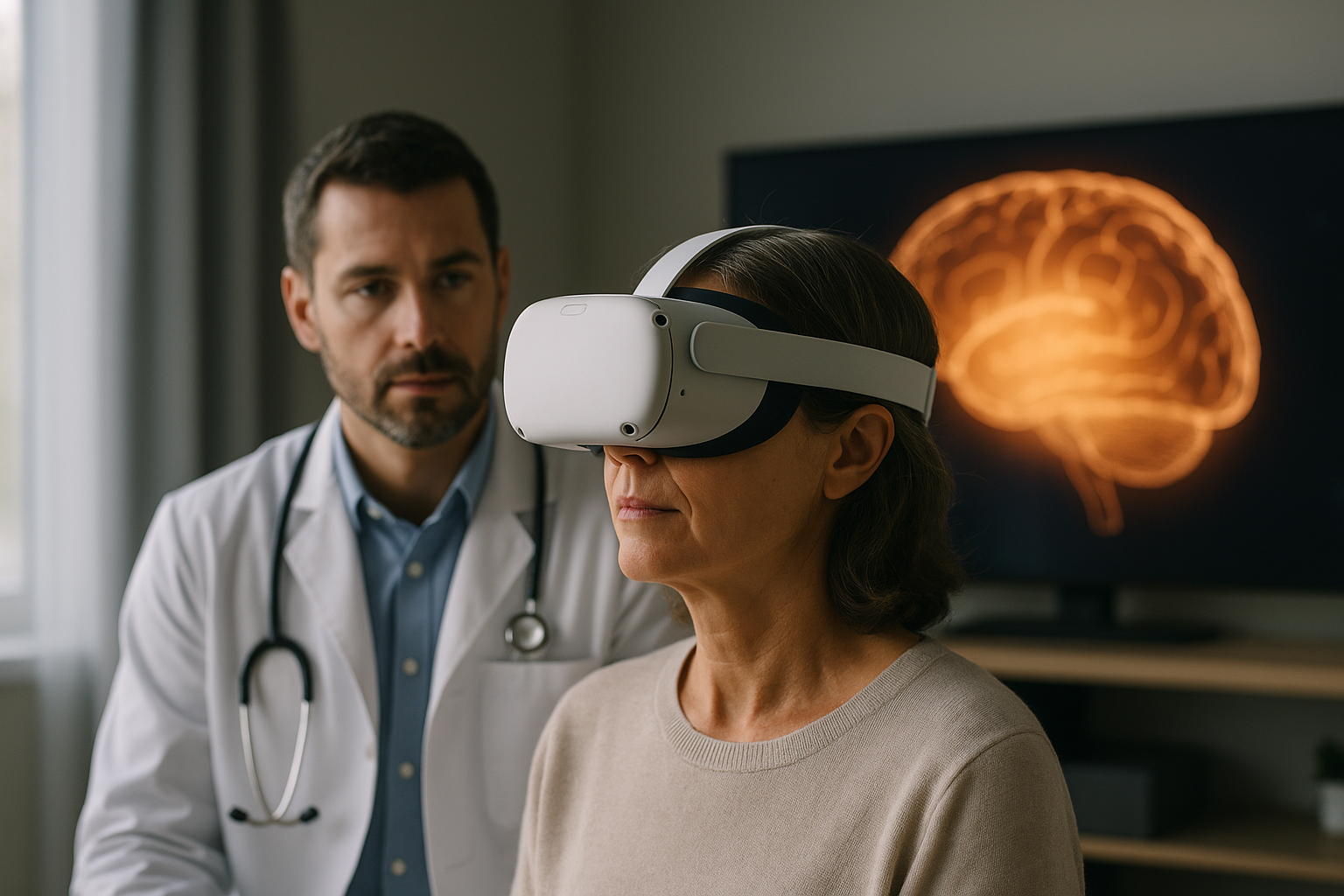Learn More About Epilepsy Care and What to Expect
Epilepsy care involves more than just managing seizures—it’s about understanding what to expect and how to support overall well-being. From treatment options to lifestyle adjustments, knowing the essentials can help patients and families feel prepared and more confident in daily life.

Understanding Daily Life and Epilepsy Management
Living with epilepsy requires a structured approach to daily activities and lifestyle modifications. Key management strategies include maintaining a consistent sleep schedule, taking medications as prescribed, and keeping detailed seizure records. Regular exercise, stress management techniques, and a balanced diet also play vital roles in overall epilepsy management. Many individuals successfully manage their condition by creating routines that incorporate these elements while maintaining regular communication with their healthcare providers.
Identifying and Managing Seizure Triggers
Common seizure triggers include lack of sleep, stress, missed medications, alcohol consumption, and certain visual stimuli. Tracking these triggers through a seizure diary helps identify patterns and potential preventive measures. Environmental factors such as flickering lights, extreme temperatures, or specific sounds may also influence seizure occurrence. Understanding personal triggers enables individuals to make informed decisions about daily activities and develop effective prevention strategies.
Exploring Treatment Options and Care Expectations
Treatment approaches for epilepsy vary based on individual needs and seizure types. Anti-epileptic medications (AEDs) often serve as the primary treatment method, with about 70% of people achieving seizure control through medication. Additional treatment options may include:
-
Vagus nerve stimulation (VNS)
-
Responsive neurostimulation devices
-
Ketogenic diet therapy
-
Surgical interventions for suitable candidates
Medical Monitoring and Healthcare Support
Regular medical monitoring forms an essential component of epilepsy care. This typically includes:
| Monitoring Type | Frequency | Purpose |
|---|---|---|
| Medication Reviews | Every 3-6 months | Assess effectiveness and adjust dosage |
| Blood Tests | As needed | Monitor drug levels and side effects |
| EEG Studies | Annually or as needed | Evaluate brain activity patterns |
| Neurological Exams | Every 6-12 months | Track overall condition management |
Prices, rates, or cost estimates mentioned in this article are based on the latest available information but may change over time. Independent research is advised before making financial decisions.
Safety Considerations and Emergency Planning
Developing a comprehensive safety plan is crucial for epilepsy management. This includes informing family, friends, and colleagues about appropriate seizure response, wearing medical identification, and making necessary home modifications. Emergency protocols should be clearly documented and shared with regular contacts, including information about when to seek immediate medical attention.
This article is for informational purposes only and should not be considered medical advice. Please consult a qualified healthcare professional for personalized guidance and treatment.




